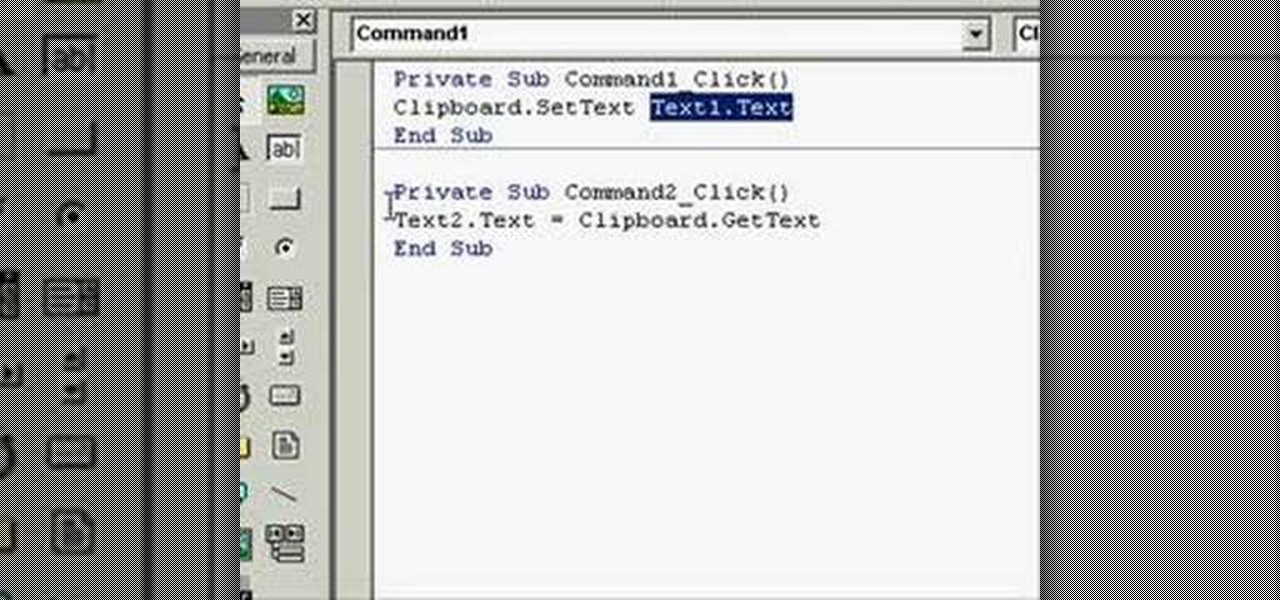Read Data From Html File In Perl

Advanced Uninstaller PRO will automatically uninstall Garrys Mod version 14.07.13. After removing Garrys Mod version 14.07.13, Advanced Uninstaller PRO will offer to run a cleanup. Click Next to perform the cleanup. All the items of Garrys Mod version 14.07.13 that have been left behind will be found and you will be asked if you want to delete them. Garry s mod v14 07 13 chevry.
In PErl script: need to read the data one file and generate multiple files based on the data We have the data looks like below in a log file. I want to generat files based on the string between two hash(#) symbol like below Source: #ext1#test1.tale2 drop #ext1#test11.tale21 drop #ext1#test123.tale21 drop #ext2#test1.tale21 drop #ext2#test12.
- read FILEHANDLE,SCALAR,LENGTH,OFFSET

- read FILEHANDLE,SCALAR,LENGTH
Attempts to read LENGTH characters of data into variable SCALARfrom the specified FILEHANDLE. Returns the number of charactersactually read,
0at end of file, or undef if there was an error (inthe latter case $! is also set). SCALAR will be grownor shrunkso that the last character actually read is the last character of thescalar after the read.An OFFSET may be specified to place the read data at some place in thestring other than the beginning. A negative OFFSET specifiesplacement at that many characters counting backwards from the end ofthe string. A positive OFFSET greater than the length of SCALARresults in the string being padded to the required size with
'0'bytes before the result of the read is appended.The call is implemented in terms of either Perl's or your system's nativefread(3) library function. To get a true read(2) system call, seesysread.
Note the characters: depending on the status of the filehandle,either (8-bit) bytes or characters are read. By default, allfilehandles operate on bytes, but for example if the filehandle hasbeen opened with the
:utf8I/O layer (seeopen, and the openpragma), the I/O will operate on UTF8-encoded Unicodecharacters, not bytes. Similarly for the:encodinglayer:in that case pretty much any characters can be read.